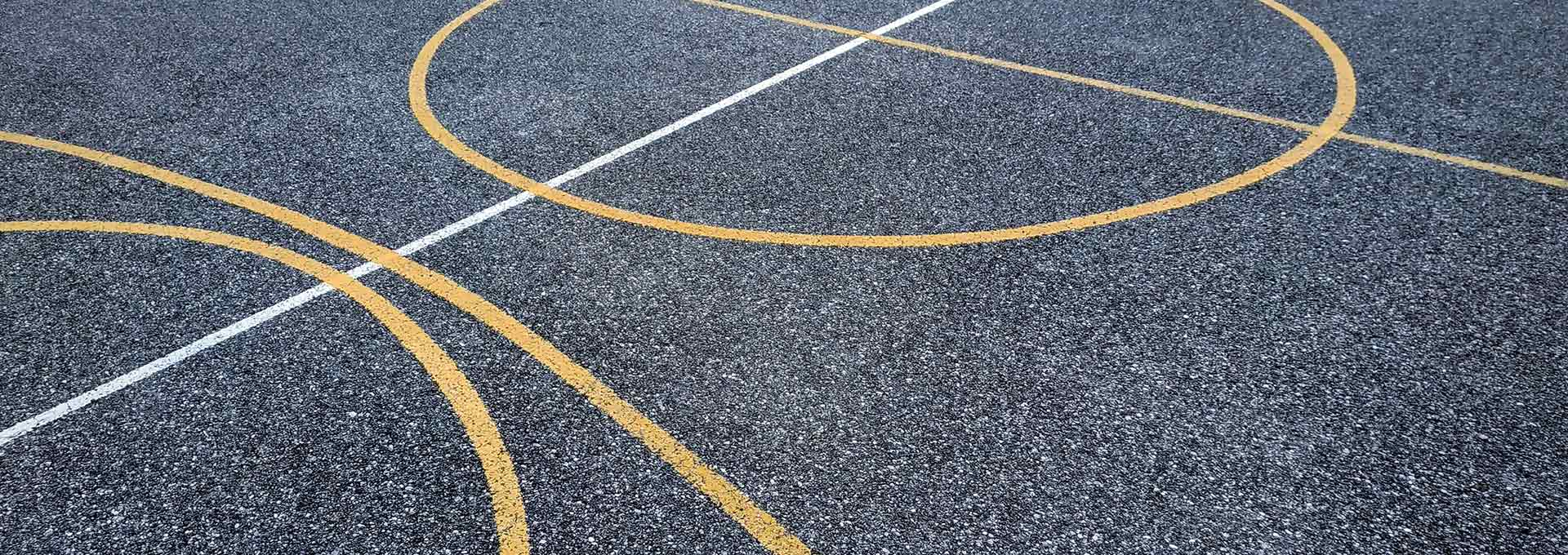
Resources
Seed Grant Awardee: Tamiko Azuma
Tamiko Azuma | College of Health Solutions
Background Military service members and elite athletes share overlapping profiles, including intensive training experiences, increased risk for concussions, and established cultural identities. Researchers examining performance outcomes for athletes have focused on physiological variables, such as sleep (Silva et al., 2020), training intensity (Jayanthi et al., 2015), and movement parameters (e.g., Dorrel et al., 2018). Recently, researchers have shifted their research to include psychological measures, including well-being measures (e.g., Codonhato et al., 2018). In both athlete and veteran research, relatively few studies specifically examine the characteristics of, and outcomes for, female participants. Indeed, in most studies, females comprise a small subgroup of the sample, which limits quantitative analyses and generalizability of results. Additionally, there is almost no research on transgender females and nonbinary individuals in these two populations. Studies of female athletes and service members have often focused on sex-related physiological issues, such as menstrual cycle (e.g., Mitchell et al., 2016) and the female triad (e.g., Finley et al., 2015; Kroshus et al., 2018). The proposed study will employ targeted recruitment of cisgender/transgender female student veterans and athletes as well as non-binary individuals.
Aims. The aims of the proposed study are 1) To compare cisgender/transgender female and male college athletes and veterans on their self-ratings of cognition, self-ratings of academic performance, standardized well-being measures, and resilience measures; 2) To examine the group differences in the relationships between those measures and self-reported injury prevalence and outcomes.
Method. Participants will include cisgender/transgender female and male student-athletes and veterans recruited from ASU. The quantitative study will include a comprehensive survey containing demographic questions, sport- or military-specific questions, self-ratings of cognition (e.g., memory), self-perceptions of academic performance, self-report of concussion and other injuries, Ryff Psychological Well-Being Scale (Ryff et al., 2007), Connor-Davidson Resilience Scale (Connor & Davidson, 2003), the Health-Related Quality of Life Scale (Moriarty et al., 2003), the Perceived Stress Scale (Cohen et al., 1983), and the Generalized Anxiety Disorder Scale (Spitzer et al., 2006). COVID-19-related questions regarding pre/post-pandemic self-perceptions will also be included. The data from the proposed study will be used to establish group profiles of cognitive self-perception, well-being, and resilience for cisgender/transgender female and male college athletes and Military Veterans. Correlation and regression analyses will be used to examine the relationships among the measures and injury outcome measures.
Outcomes. The findings will be incorporated into larger external funding proposals to examine the relevant significant factors longitudinally in college athletes and veterans. The results will potentially inform the development of resources specific to the needs of cisgender/transgender female athletes and veterans, which could enhance academic success, wellness, resilience, and injury outcomes. This study supports current work at the ASU Global Sport Institute in examining the post-sport and military service experiences of student-athletes and veterans.
The results of this study will be presented at national and international professional conferences and submitted to peer-reviewed journals. The redacted results will also be shared with Sun Devil Athletics. Findings will be interpreted for Global Sport Matters content related to Title IX and other foci.
Last updated April 2021.